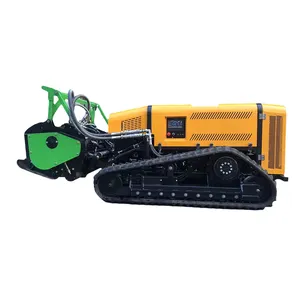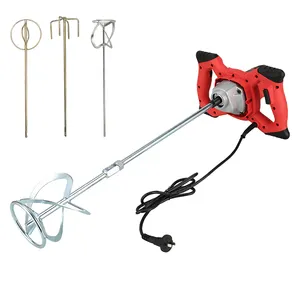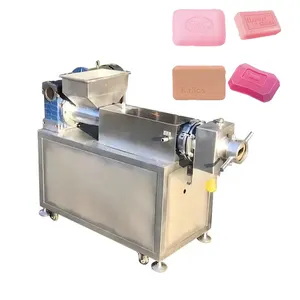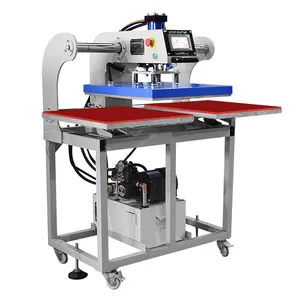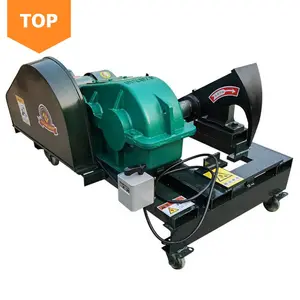Popular in your industry











































































Related Searches:





















































































































































Top categories
About used poultry crates
Introduction to Used Poultry Crates
Used poultry crates are essential equipment in the poultry industry for transporting live birds in a safe and efficient manner. These crates are specifically designed to provide adequate ventilation, space, and protection to the birds during transit. They play a crucial role in ensuring the welfare of the animals and maintaining the quality of the poultry products.
Types of Poultry Crates
There are various types of used poultry crates available in the market, ranging from plastic to metal crates. Plastic crates are lightweight, easy to clean, and resistant to corrosion, making them ideal for transporting smaller poultry such as chickens. On the other hand, metal crates are more durable and suitable for larger birds like turkeys or ducks. Each type of crate has its unique features and benefits, catering to different needs within the poultry industry.
Technical Specifications
When choosing used poultry crates, it is essential to consider the technical specifications to ensure the safe and efficient transport of the birds. These specifications may include the dimensions of the crate, the material it is made of, the weight capacity, ventilation design, and ease of cleaning. Opting for crates with appropriate technical specifications will help minimize stress on the birds during transit and maintain the quality of the poultry products.
Advantages of Used Poultry Crates
The advantages of used poultry crates extend beyond just transportation. These crates are stackable, which saves space during storage and shipping. Additionally, they promote better airflow, reducing the risk of heat stress for the birds. Moreover, the sturdy construction of the crates ensures the safety of the birds during handling and transit, preventing injuries and losses.
Choosing the Right Poultry Crates
When selecting used poultry crates for your poultry business, it is crucial to assess your specific needs and requirements. Consider the type and size of birds you will be transporting, the frequency of use, and the transportation conditions. By choosing crates that align with your operational needs, you can enhance the efficiency and safety of the poultry transport process.
Features of Quality Poultry Crates
Quality used poultry crates exhibit several key features that set them apart from inferior products. These features may include reinforced corners for durability, secure locking mechanisms to prevent escapes, smooth surfaces for easy cleaning, and ergonomic handles for convenient handling. Investing in crates with these features ensures the longevity and effectiveness of the equipment.
Use Scenarios for Poultry Crates
Used poultry crates find application in various scenarios within the poultry industry, such as transporting birds from farms to processing plants, moving birds between different facilities, and distributing live poultry to retailers or markets. The versatility of these crates makes them indispensable for ensuring the smooth and safe movement of birds throughout the supply chain.
Maintenance of Poultry Crates
Maintaining used poultry crates is essential to prolong their lifespan and ensure optimal performance. Regular cleaning and sanitization help prevent the spread of diseases and maintain a hygienic environment for the birds. Additionally, inspecting the crates for any damages or wear and tear allows for timely repairs or replacements, safeguarding the well-being of the poultry during transport.
Conclusion
In conclusion, used poultry crates play a vital role in the poultry industry by facilitating the safe and efficient transport of live birds. By considering factors such as technical specifications, advantages, features, and maintenance requirements, businesses can make informed decisions when selecting poultry crates that best suit their operational needs. Choosing quality crates and adhering to proper maintenance practices contribute to enhancing animal welfare, product quality, and overall operational efficiency in the poultry supply chain.
